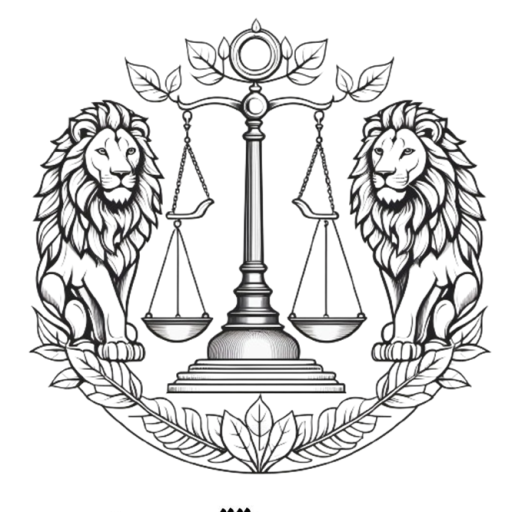Amirali R. Davoudpour
Iranian Canon of Medicine and Law, Administrative Wing of Law and Healing Association, Iranian Watchdog of Medicine and Law, Tehran-Iran
Email of the corresponding author: davoudpour@canmedlaw.org
Accepted and published August, 2024, DOI: https://doi.org/10.5281/zenodo.13335455
This article is published under CC BY creative common license that Allows others to distribute, remix, adapt, and build upon the work, even commercially, as long as they credit the original creator.
Abstract
The expansive nature of sciences today renders it practically impossible to fully master or completely differentiate between all disciplines. This article seeks to provide an overview of the structural development, evolution, and interconnection of science and philosophy throughout history with practical outlook to advance the development in the contemporary science and education in the Iranian and Islamic universities with a Laozi approach. This article delves into fundamentals of education and learning in Science and also criticizes the standards in which the academic progress is entangled in the limits of Islamic assets. This article criticizes the limitations laid in the context of Islamic governance despite bringing the examples of transcendental wisdom in the Islamic sacred texts. The religion downplays such allegories in the form of narratives without fully grasp the elements of wisdom and therefore the mere religious governance are emptied from the fruits of transcended wisdom.
Keywords: Education, Philosophy, Science, Lao Tzu, Islam, Wisdom, Governance
